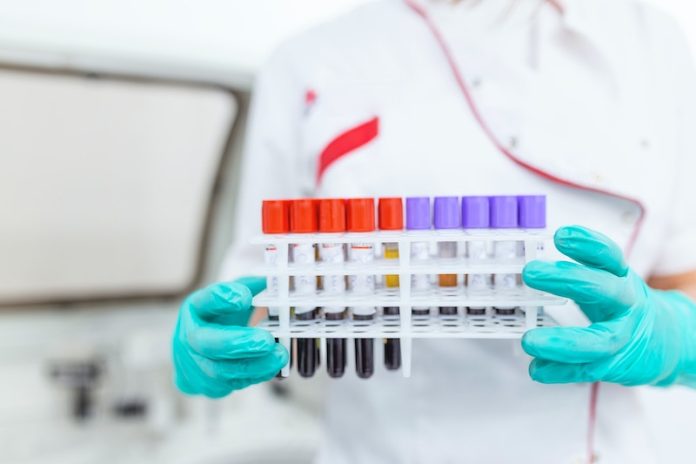
Inflammatory bowel disease (IBD) is a common issue affecting millions in the U.S., often manifesting as either Crohn’s disease or ulcerative colitis.
Both conditions have similar symptoms like stomach pain and diarrhea, but they need different treatments because they affect different areas of your digestive system.
Right now, telling the two apart usually requires invasive and uncomfortable tests like endoscopies or biopsies. Scientists have been looking for easier ways to diagnose these conditions.
A Possible Breakthrough in Testing
A recent study in the Journal of Proteome Research suggests a simpler, less invasive approach could be on the horizon.
The study found differences in how sugar chains attach to a certain type of protein—called antibodies—in the blood of patients with Crohn’s disease versus those with ulcerative colitis.
Antibodies are like your body’s security guards, fighting off harmful invaders. Sometimes these antibodies have sugar chains attached to them, and these chains can affect how the antibodies work.
Specifically, the research looked at one kind of antibody called immunoglobulin A (IgA). This is important because IgA works in the mucus layers that line our internal organs, including our intestines.
By looking at more than 400 blood samples from people with either Crohn’s disease or ulcerative colitis, researchers found over 30 different forms of these IgA antibodies.
Even more interesting, they saw that the sugar chains on these antibodies looked different depending on the disease.
What the Study Found
For example, in people with Crohn’s disease, their IgA antibodies had fewer branches of sugar but more sugar overall compared to others.
Those with ulcerative colitis had sugars attached in different locations on the antibody compared to healthy people.
These patterns were so clear that researchers think they could use them to make a statistical model—a kind of recipe—for telling which disease someone has, all from a simple blood test.
Why This Matters
This new finding could make life a lot easier for people who might have IBD. Instead of going through invasive tests, they could get a straightforward blood test to get diagnosed. This would make the process quicker, less uncomfortable, and potentially cheaper.
The research team believes their work could be developed into a tool for easier and less invasive diagnosis, which is good news for anyone dealing with these challenging conditions.
If you care about gut health, please read studies that green tea could boost gut health and lower blood sugar, and this diet could boost your gut health and weight loss.
For more information about gut health, If you care about health, please read studies about antimicrobials in toothpaste linked to inflammation and cancer in the gut, and vitamin B may help reduce inflammation.
The research findings can be found in the Journal of Proteome Research.
Follow us on Twitter for more articles about this topic.
Copyright © 2023 Knowridge Science Report. All rights reserved.



